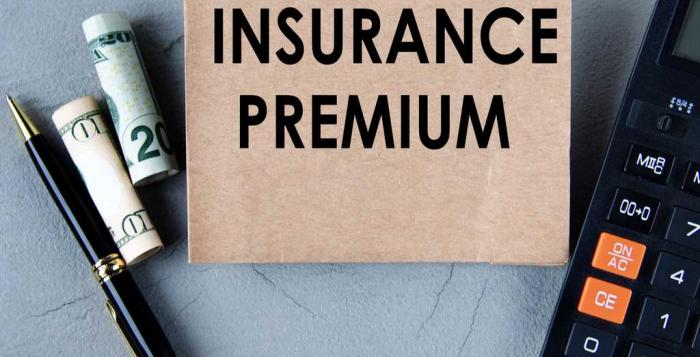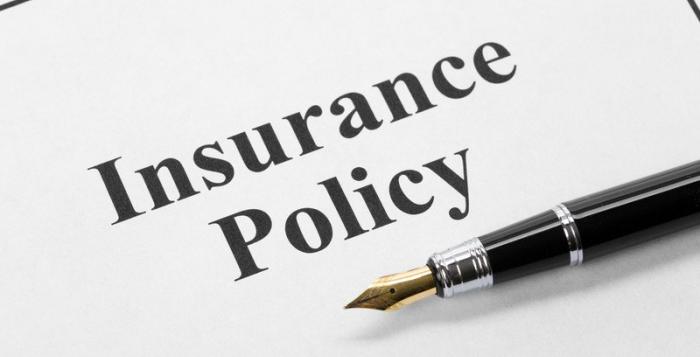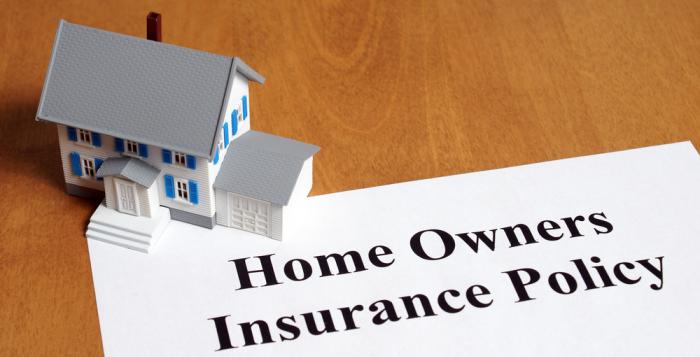Travel insurance is essential for peace of mind while you're exploring new destinations, but with so many options available, choosing the right policy can be overwhelming. From trip cancellations to medical emergencies, understanding the details of your travel insurance policy is key to ensuring you're fully protected. Here are the most important factors to consider when buying travel insurance.
1. Type of Coverage Needed
Travel insurance can cover a wide range of situations. Identifying the type of coverage you need based on your travel plans and personal situation is the first step.
- Trip Cancellation/Interruption: This covers you in case you need to cancel or cut your trip short due to unexpected events such as illness, job loss, or a family emergency. It can reimburse you for non-refundable costs like flights and accommodations.
- Medical Coverage: If you're traveling abroad, your health insurance might not cover you. Travel insurance can help cover medical emergencies, hospital visits, and even evacuation if needed.
- Baggage and Personal Belongings: If your luggage gets lost, stolen, or damaged, this type of coverage can help replace your items or reimburse you for their value.
- Flight Delays: Insurance can compensate you for expenses like hotel stays and meals if your flight is delayed for a significant amount of time.
2. Policy Limits
Each travel insurance policy comes with limits on how much you can claim for different types of coverage. These limits can vary greatly, so it's crucial to check them before purchasing.
- Medical Expense Limits: Some policies might have a cap on how much they will cover for medical expenses. Make sure it is sufficient for the destination you're traveling to, especially if you're visiting a country where healthcare is expensive.
- Trip Interruption/Cancellation: Check how much the policy will reimburse for non-refundable trip costs if you need to cancel or cut short your trip.
3. Pre-Existing Medical Conditions
If you have a pre-existing medical condition, it’s essential to check how the travel insurance policy handles these situations.
- Disclosure Requirements: Many policies require you to declare any pre-existing medical conditions, and some may not cover them unless you purchase additional coverage.
- Waivers: Some insurers offer waivers for pre-existing conditions if you purchase the policy within a certain timeframe after booking your trip, usually within 14-21 days.

4. Destination-Specific Coverage
The country or region you're visiting can also affect the type of coverage you need.
- Healthcare Costs: Countries like the United States and Canada have very high medical costs, so higher medical coverage limits may be needed.
- Natural Disasters or Political Unrest: If you're traveling to an area prone to natural disasters or political instability, make sure your policy covers trip cancellations or evacuations related to these events.
5. Duration of Coverage
The length of your trip will influence the type of travel insurance you need.
- Single Trip vs. Multi-Trip Policies: If you're only taking one trip, a single-trip policy will suffice. However, if you travel frequently, a multi-trip or annual policy may save you money in the long run.
- Extended Travel: For long-term travelers, ensure your policy covers the entire duration of your trip and includes necessary medical coverage.
6. Adventure and High-Risk Activities
If you’re planning to engage in adventurous or extreme activities such as skiing, scuba diving, or mountaineering, not all travel insurance policies will cover you.
- Special Coverage: Make sure to check whether the policy includes coverage for high-risk activities. Some policies offer optional add-ons for adventure sports and activities.
- Exclusions: Be aware of any exclusions in the policy related to injuries or accidents that occur during high-risk activities.
7. Cancellation and Refund Policies
Understand the terms for canceling the travel insurance itself, especially if your trip plans change before your departure.
- Refunds: Check if the insurance is refundable if your trip gets canceled before you even start.
- Cancellation for Any Reason (CFAR): Some policies offer "Cancel for Any Reason" add-ons, which allow you to cancel your trip for reasons not covered by traditional insurance. This is generally more expensive but provides additional flexibility.
8. Travel Assistance Services
Many travel insurance policies come with travel assistance services that can help you during your trip.
- 24/7 Assistance: Look for policies that offer 24/7 emergency assistance. This can be especially useful if you need help arranging a medical evacuation, rebooking flights, or finding local healthcare providers.
- Concierge Services: Some policies also include concierge services to assist with travel arrangements, such as booking hotels or transportation if your plans change unexpectedly.
9. Exclusions and Limitations
All policies come with certain exclusions and limitations that you need to be aware of before purchasing.
- Acts of War or Terrorism: Some policies may not cover events related to terrorism or war. If you're traveling to a region where this is a concern, look for policies that offer specific coverage for these risks.
- Alcohol- or Drug-Related Incidents: Many policies exclude claims related to accidents or injuries that occur while under the influence of alcohol or drugs.
- Pandemic Coverage: In light of recent events, it’s important to check whether the policy covers trip cancellations or medical expenses related to pandemics like COVID-19.
10. Cost vs. Value
Finally, weigh the cost of the travel insurance policy against the value it provides. Cheaper policies might seem appealing, but they may come with lower limits or more exclusions.
- Comprehensive vs. Basic Coverage: A comprehensive plan will generally cost more but offers broader coverage, while basic plans may be more affordable but only cover a few essentials.
- Compare Quotes: Get quotes from several insurance providers and compare not only the price but also the coverage they offer.

Buying travel insurance is an essential part of planning any trip, but it’s important to consider your specific needs, travel destination, and the activities you’ll be engaging in. Carefully reviewing the coverage options, exclusions, and policy limits can help ensure you’re adequately protected without overpaying. Ultimately, choosing the right travel insurance can make all the difference in safeguarding your trip and providing peace of mind.

.jpg)









